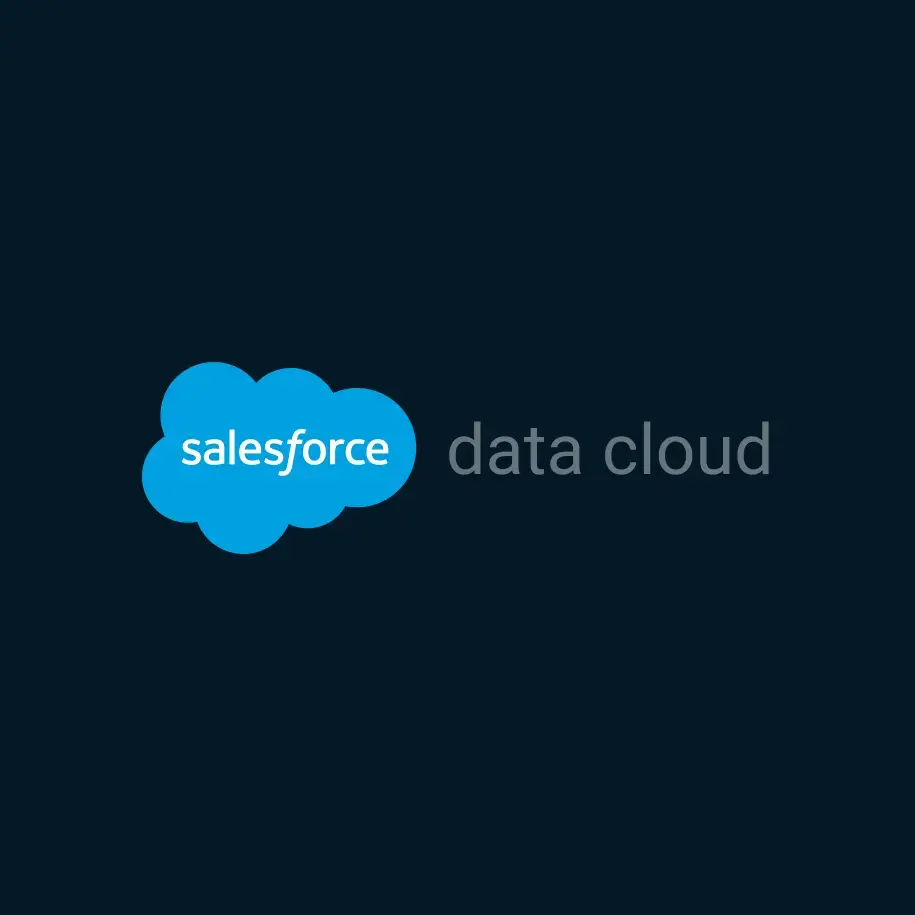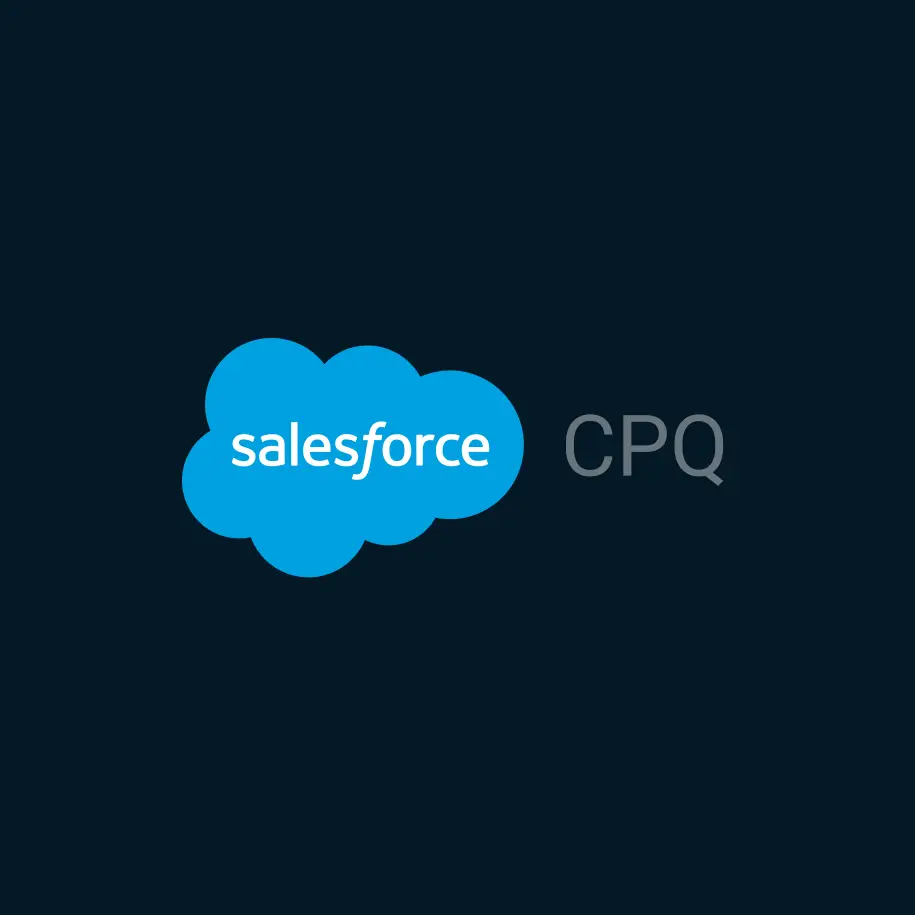
What Is the Meaning of Operational Revenue? (And Why RevOps Teams Should Care)
Let’s be honest — “operational revenue” isn’t a term that comes up in most day-to-day conversations. But if you’re working in RevOps, sales, or marketing, understanding what it means can give you a clearer view of whether your company is really growing — or just looking good on paper.
So what is operational revenue? And why does it matter to the people running your go-to-market engine?
Here’s how I explain it when I’m talking to clients or teams.
What Operational Revenue Actually Means
Operational revenue is simply the money a company brings in from its main business activities. That’s it.
For most B2B companies, that’s going to be things like:
- Selling products or software
- Delivering services
- Collecting subscription fees
It’s not the money you make from things like investments, interest, or one-off gains. Those might help your bottom line, but they don’t tell you much about how well your core business is performing.
Operational revenue is your scoreboard for how well your actual business is running.
If you want to see how big players like Salesforce think about revenue at its core, check out their overview on revenue.
Why Operational Revenue Should Matter to RevOps
When I talk with RevOps teams, operational revenue is often where the rubber meets the road. It’s not just a finance team number — it reflects whether your GTM processes are working.
If your operational revenue is growing, chances are:
- Your lead-to-cash process is smooth
- Your sales and marketing handoffs are working
- Your teams aren’t wasting time on manual work or bad data
On the flip side? If your operational revenue is flat (or worse), it’s often a sign that somewhere in the system — approvals, quoting, handoffs, customer success — something’s slowing you down.
That’s exactly the kind of friction we help teams fix through RevOps as a Service.
How RevOps Impacts Operational Revenue
RevOps doesn’t generate revenue directly — your sales team does that. But what RevOps does is make it easier for sales (and marketing, and CS) to do their job without getting tripped up by bad process or broken tools.
Here’s where I see operational revenue meaning something real:
- Smarter automation: When tools like Agentforce handle approvals, lead routing, or renewals, you don’t lose deals to delays.
- Cleaner data: With something like Salesforce Data Cloud, your team’s working off one version of the truth — no more chasing down conflicting reports.
- Clearer handoffs: No more deals dropping between teams because ownership wasn’t clear.
👉 If you’re wondering what those gaps might be costing you, try our Cost of Chaos Calculator. It’s quick — and usually eye-opening.
Final Take
Operational revenue is one of those numbers that tells the real story about your business. Not what you hope is happening. What’s actually happening.
If you want to capture more of it, it comes down to fixing the processes that slow your teams down. That’s where RevOps makes the difference.
If this is something your team’s wrestling with, reach out. We help companies build revenue engines that actually work — not just look good in a slide deck.



















